Where Do We Go From Here?

The DCEU made a commitment to diversity by maintaining and hyping properties like Suicide Squad and the upcoming Wonder Woman, Aquaman and Cyborg. If they want to keep up that reputation, they owe us as an audience more disability representation. Cyborg may provide some of that, because most of his body is prosthetic in nature, but he shouldn’t be the only one.
For Harley specifically, a good direction to go would be to pursue her recovery arc. Let her meet Poison Ivy; let her discover that, in all her messy, flawed complexity, she’s still lovable. That’s the biggest thing that the DCEU can do for abuse survivors right now, who need to see themselves represented with care and love. Give them Harley in all her complicated glory, and make that difference. Let Harley be flawed, but let her recover.
[zergpaid]Fans, too, can get in on the action: make it clear to the DCEU that this is something you want to see. Maybe then we can get the Harley story that we deserve.
Overall, Suicide Squad is an imperfect depiction of mental illness, and a somewhat disappointing take on an abuse narrative. But Harley’s potential makes me hopeful, and Margot Robbie’s commitment to the character portends greater things to come.
Here’s to hope, and here’s to nuance — something that the DCEU, so far, has gotten predominately right.



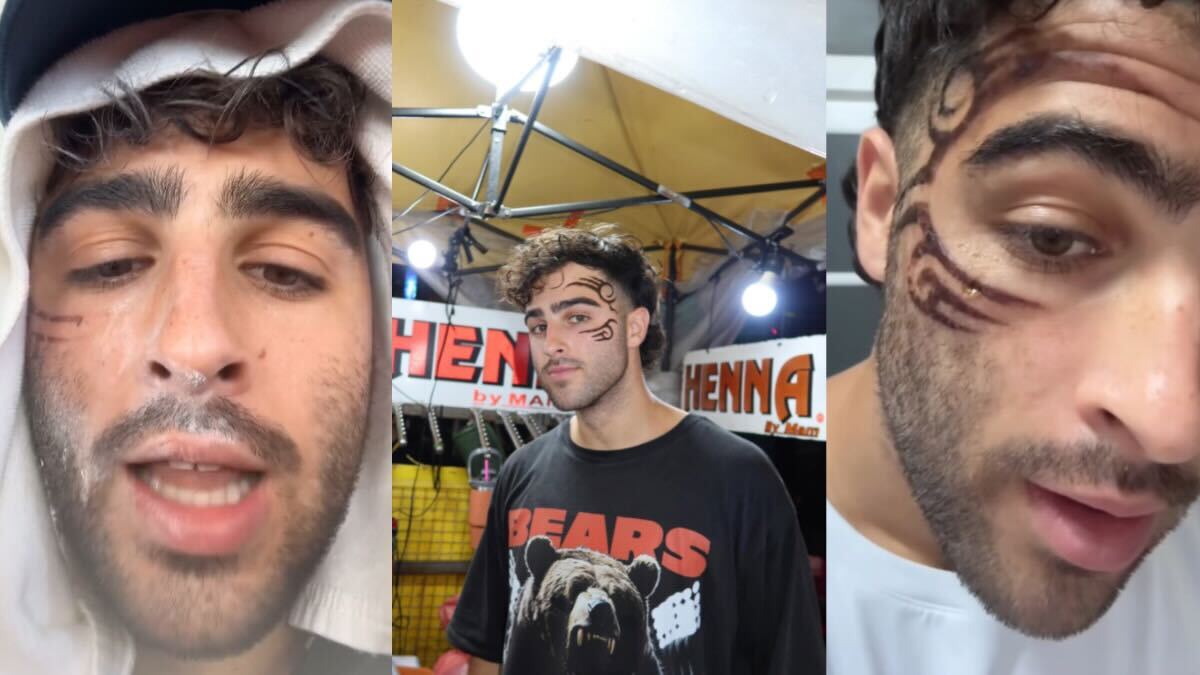
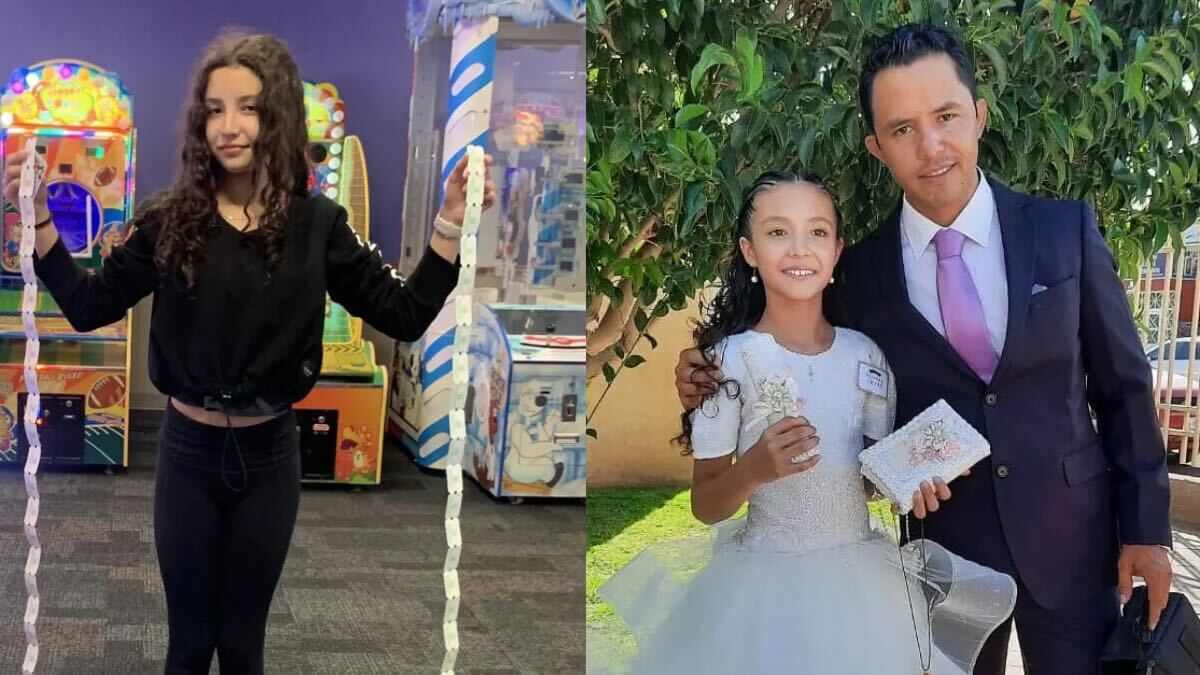
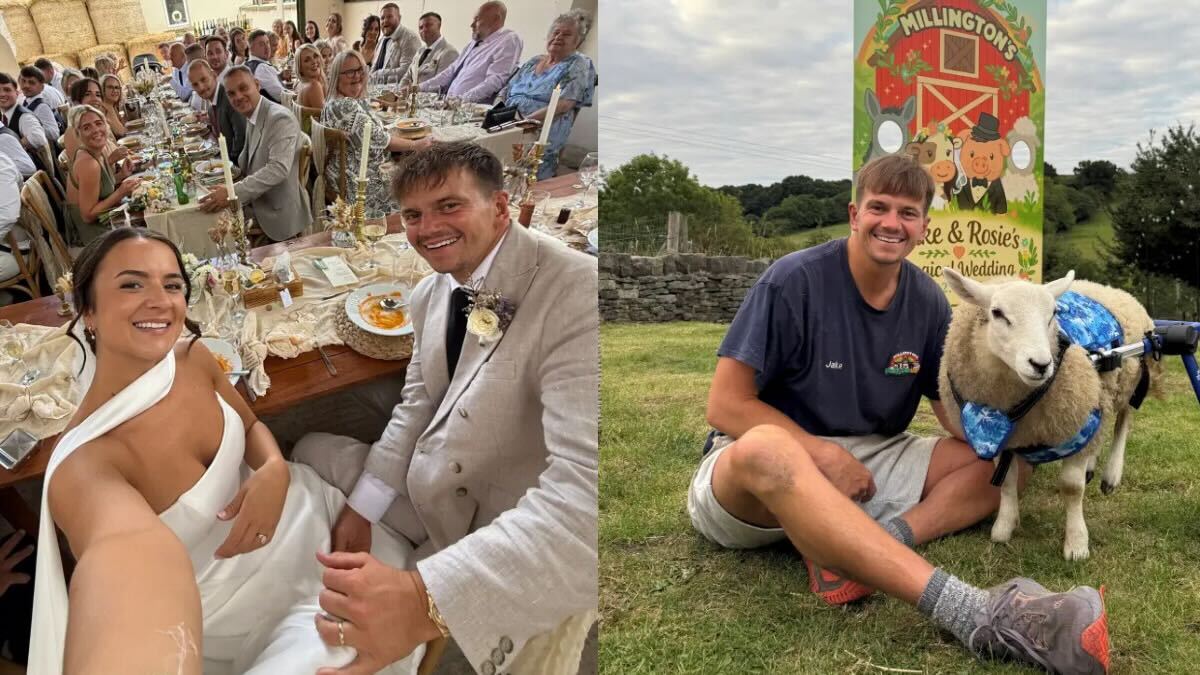
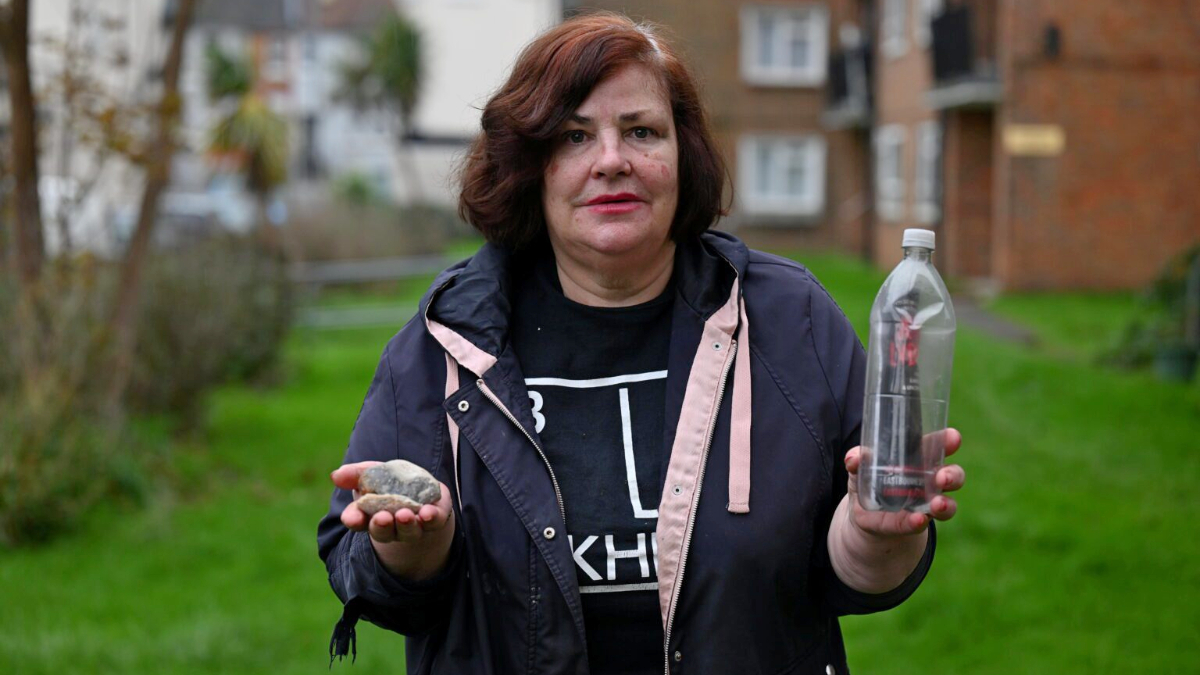


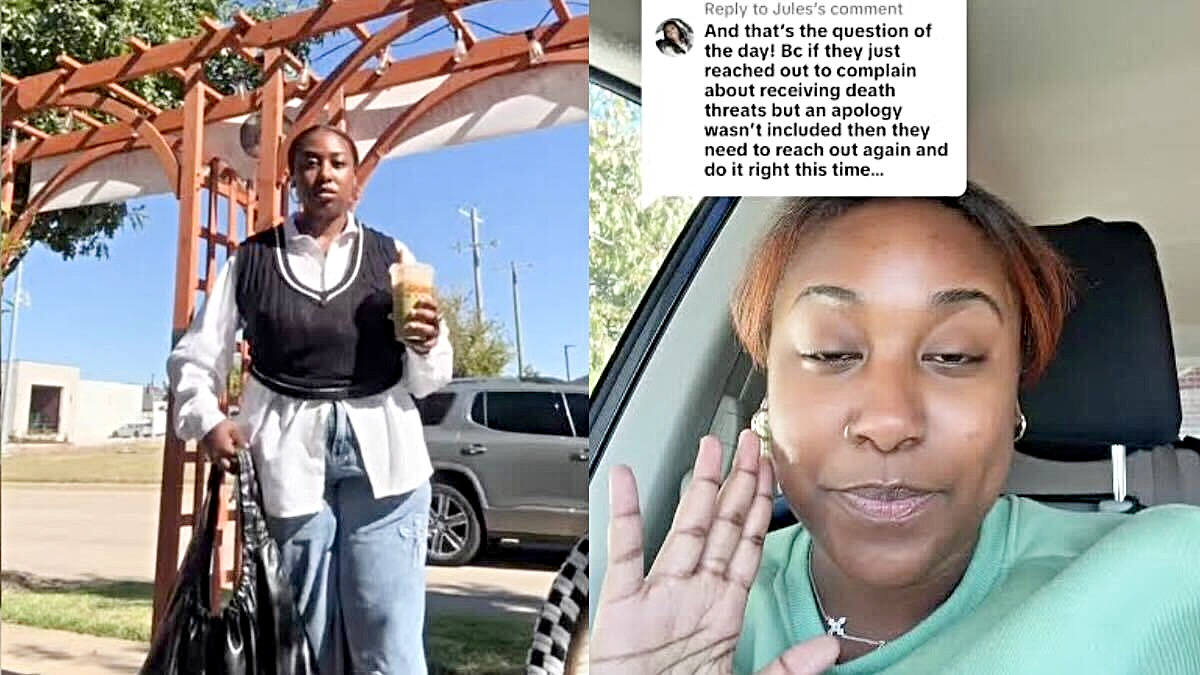
Published: Aug 11, 2016 10:49 am